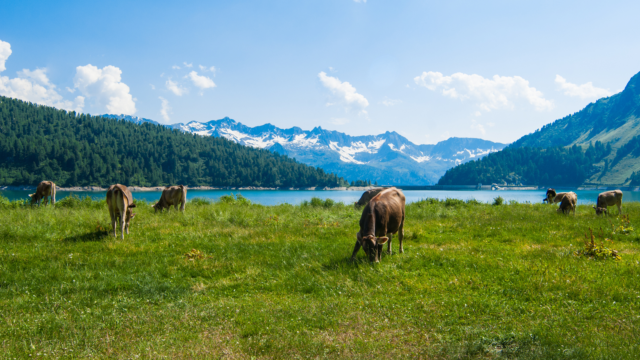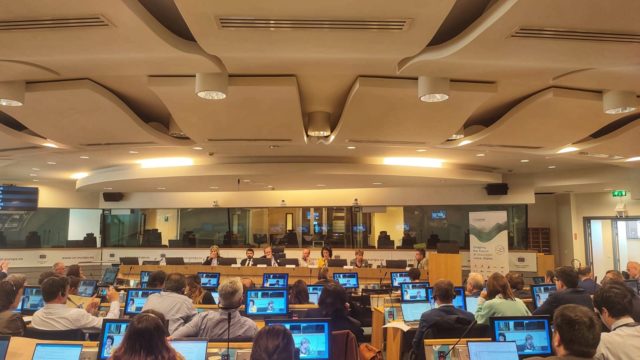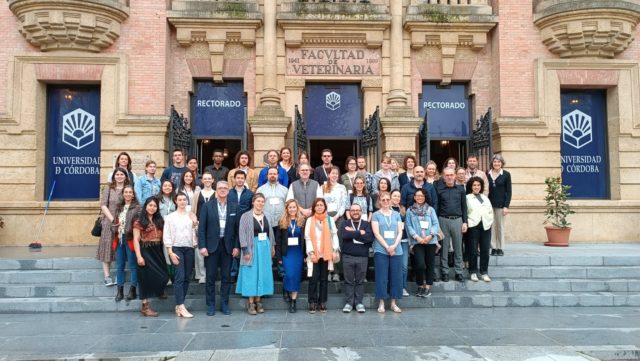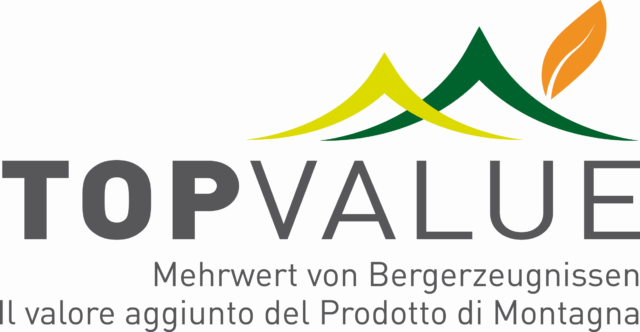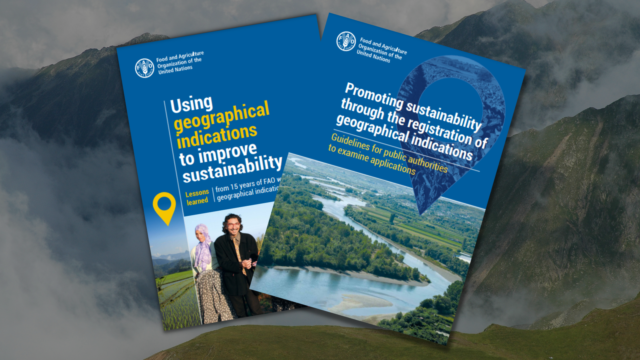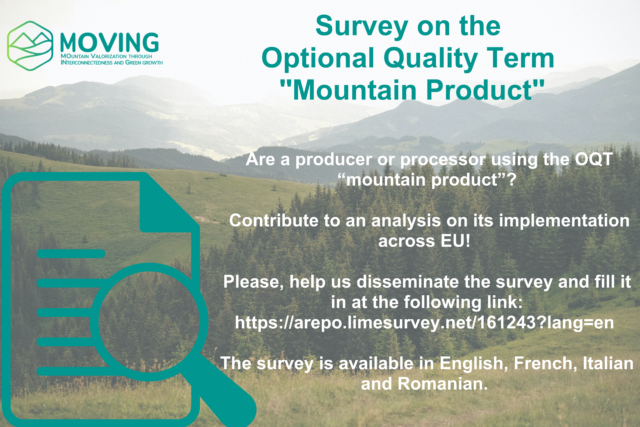AREPO has welcomed the publication of a package of delegated and implementing regulations concerning Regulation (EU) No 1151/12 on quality schemes for agricultural products and foodstuffs, in the Official Journal of June 19th.
The package consists in particular of the Regulations No. 668/2014 laying down detailed rules for the application of Regulation (EU) No 1151/2012 and two delegated regulations. The first (delegated Regulation No. 664/2014) concerns the establishment of EU symbols on geographical indications (GIs), certain rules on sourcing, certain procedural rules and additional transitional rules. On the other hand, the second (delegated Regulation No 665/2014) defines the conditions of use of the optional quality term ‘mountain product’.
The President of AREPO, Mr. Tiberio Rabboni, expressed satisfaction with the long-awaited publication of the regulations, which complement the legislative framework of the quality policy and of the CAP. After a careful analysis, the President stressed that these regulations introduce many sensitive issues that require close coordination of the Regions with the Ministries of Agriculture and the operators of the sector.
In particular, in order to strengthen the link with the territory, the delegated Regulation 664/2014 introduces a new constraint for PDO of animal origin, requiring that at least 50% of the dry matter in the feedstuffs comes from the defined geographical area. To ensure a positive impact of the measure on the territory will require a major commitment in the implementation and a thorough evaluation of the impact on each specific production. For this reason, it is crucial to define whether the measure should be applied also to already recognized PDO and in what timeframe.
Regarding the delegated regulation on optional quality term ‘mountain product’, the President underlined the importance of the introduction of a certain degree of flexibility with respect to feedstuffs. The feedstuffs produced in mountain areas are primarily for ruminants, while only a small proportion is for pig. The European Commission has recognized this characteristic and has set the minimum proportion of feedstuffs from these areas to 60% for the first and to 25% for the latter.
Another important element of this regulation is the derogation determining that the activities of milk processing, slaughtering and pressing of olive oil can take place outside mountain areas. In this way, the farmers producing in mountain areas with no processing facilities have the possibility to complete the production cycle, at a maximum distance of 30 km. The application of the derogation is limited to preexisting milk processing facilities. AREPO judges positively this limit. Finally, it should be noted that the Regulation provides for the possibility for each Member State to decide whether to apply the derogation and to define a specific distance lower to 30 km. This freedom left to the MS is likely to lead to the commercialization in the internal market of ‘mountain products’ characterized by substantially different transformation processes. For this reason, AREPO recognizes the importance of coordinating and standardizing the derogations and invites the Member States to take action, in order to reduce differences and to protect the productions of mountain areas and the consumers.
For the text of the regulations you can consult the following link: http://eur-lex.europa.eu/legal-content/EN/TXT/PDF/?uri=OJ:L:2014:179:FULL&from=FR


